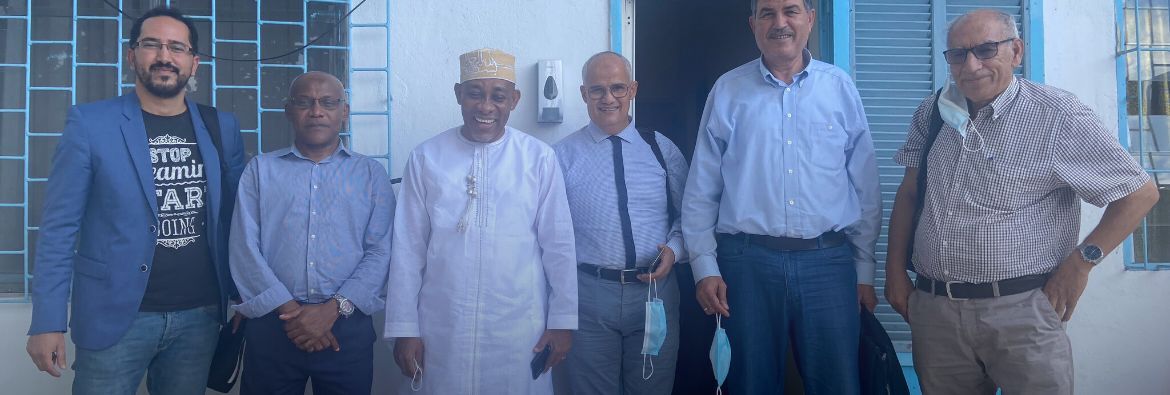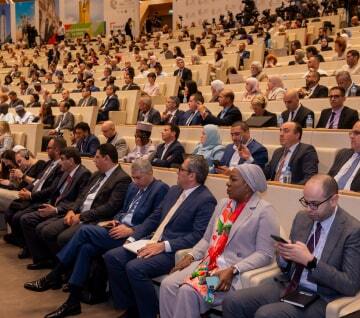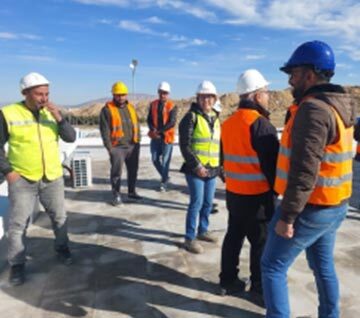Published on
Since October 2021, SCET-TUNISIE has been carrying out the study of the project "Ensuring Climate Resilient Water Supply in the Comoros" in collaboration with the consulting firm HYDROPLANTE (Tunisia), on behalf of the UNDP and financed by the Green Climate Fund.
The hydro-physical characteristics of the Comoros considerably influence its high vulnerability to climate change impacts. The entire country, divided into three islands, has a surface area of only 2,612 km2 and none of its land is more than 7 km from the coastline. The Comoros therefore has very few watersheds and aquifers, and these have a low natural water storage capacity. They are therefore extremely vulnerable to climate change amplified by the variability and intensity of rainfall, causing significant impacts in terms of drought, soil erosion and salinisation.
The main objective of the project is to strengthen the climatic resilience of the drinking and irrigation water supply in 15 of the areas most at risk from climate change in the region.




